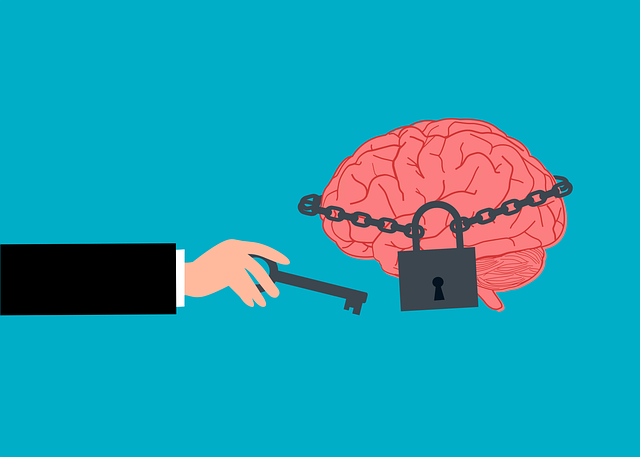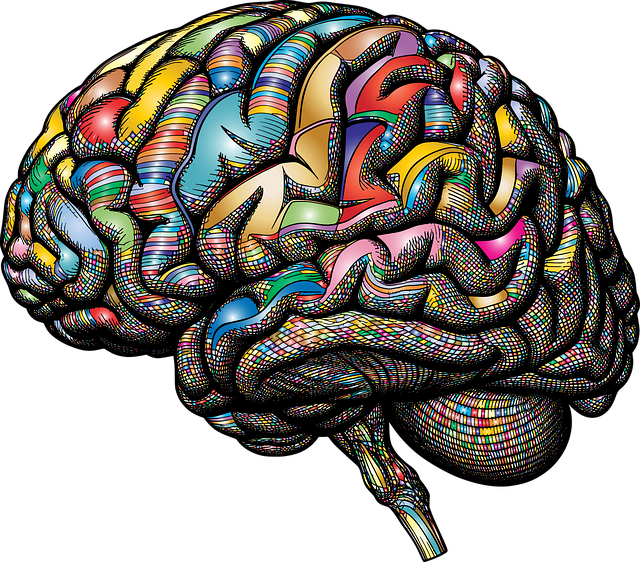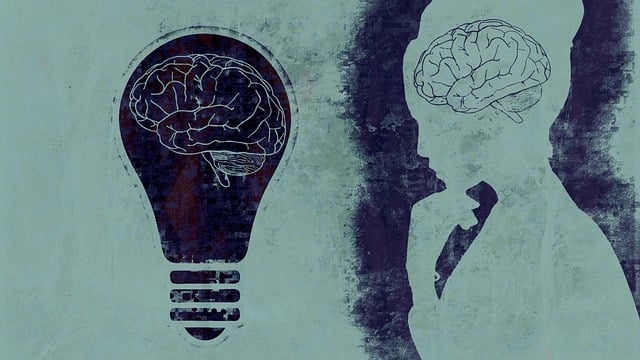Littleton Psychological Testing Therapy prioritizes cultural sensitivity in mental healthcare, recognizing that cultural context deeply influences mental health issues. They integrate cultural competency to create an inclusive environment, empowering patients with tailored coping strategies and self-care routines. By respecting diverse cultural needs and integrating traditional practices, they build trust, encourage open dialogue, and improve therapy outcomes. Specialized training in cross-cultural communication and community outreach programs ensure culturally competent care for all clients, addressing unique mental health needs within their diverse service area.
In today’s diverse society, cultural sensitivity is paramount in mental healthcare. The article explores this crucial aspect, focusing on how understanding and respecting cultural diversity enhances therapy outcomes at institutions like Littleton Psychological Testing Therapy. We delve into strategies for culturally competent practice and emphasize the importance of building inclusive spaces for all clients. By adopting these approaches, mental health professionals can better serve a wide range of individuals, fostering meaningful connections and positive results.
- Understanding Cultural Diversity in Mental Healthcare
- The Impact of Cultural Sensitivity on Therapy Outcomes
- Strategies for Culturally Competent Practice at Littleton Psychological Testing Therapy
- Building Inclusive Spaces: A Call to Action for Mental Health Professionals
Understanding Cultural Diversity in Mental Healthcare

In today’s diverse society, cultural sensitivity is paramount in mental healthcare practice. Understanding and appreciating the unique cultural backgrounds of patients, such as those seeking services at Littleton Psychological Testing Therapy, is essential for delivering effective care. Mental health issues do not exist in a vacuum; they are deeply influenced by cultural context, including beliefs, values, traditions, and practices that shape individuals’ perceptions and expressions of distress. For instance, what constitutes stress or anxiety can vary significantly across cultures, affecting how individuals present their concerns and respond to treatment.
At Littleton Psychological Testing Therapy, we recognize that a one-size-fits-all approach rarely yields positive outcomes. By incorporating cultural competency into our practice, we strive to create an environment where patients feel seen, heard, and respected. This involves not only recognizing but also actively integrating the diverse coping skills and self-care routines that are integral to various cultural communities. For example, promoting mindfulness practices or encouraging family involvement in therapy may resonate more deeply with some clients than others, depending on their cultural backgrounds. Moreover, organizing stress management workshops tailored to specific cultural needs can empower individuals with effective coping strategies, enhancing their overall well-being and fostering a deeper connection to their self-care routine development.
The Impact of Cultural Sensitivity on Therapy Outcomes

Cultural sensitivity plays a pivotal role in shaping the outcomes of therapy sessions, especially in diverse communities like Littleton Psychological Testing Therapy’s target area. When mental health professionals are attuned to cultural nuances, they create an environment that fosters trust and encourages open communication. This is particularly crucial as it allows individuals from different backgrounds to share their unique experiences, fears, and expectations without barriers.
For instance, a therapist who understands the implications of a client’s cultural identity on their mental health can tailor their approach to include relevant traditional practices or beliefs. This might involve incorporating specific therapeutic techniques, ensuring language accessibility, or even adapting the therapy setting to reflect the client’s comfort zone. Such personalized care boosts the client’s confidence and enhances their willingness to engage in the healing process, ultimately leading to improved therapy outcomes. Moreover, it ensures that risk assessment for mental health professionals remains effective while promoting a sense of cultural competence through community outreach program implementation.
Strategies for Culturally Competent Practice at Littleton Psychological Testing Therapy

At Littleton Psychological Testing Therapy, we embrace the concept of culturally competent practice as a cornerstone of our mission to deliver exceptional mental healthcare. Recognizing that each individual’s cultural background shapes their experiences and perspectives, we’ve implemented several strategies to ensure our services are inclusive and effective for all clients.
Our therapists undergo extensive training in cross-cultural communication and awareness, enabling them to adapt their approach based on a client’s cultural needs. We incorporate Mind Over Matter Principles into therapy sessions, fostering an environment that respects and values diverse beliefs and traditions. Additionally, we design Mental Health Education Programs tailored to specific cultural contexts, empowering clients with knowledge and skills relevant to their unique backgrounds. These initiatives ensure that our practice is responsive to the intricate needs of our community, providing holistic care that bridges cultural gaps in mental healthcare.
Building Inclusive Spaces: A Call to Action for Mental Health Professionals

In an increasingly diverse society, mental health professionals must strive to create inclusive spaces that resonate with individuals from all backgrounds. This involves a deep understanding and appreciation for cultural differences in order to provide Littleton Psychological Testing Therapy services that are sensitive and effective. By fostering an environment where every patient feels seen, heard, and respected, practitioners can significantly enhance mental wellness.
Professionals should actively engage in continuous learning about diverse cultures, incorporating this knowledge into their practices. This includes adopting culturally responsive approaches to assessment and treatment, ensuring crisis intervention guidance tailored to individual needs. Additionally, focusing on self-esteem improvement strategies that are sensitive to cultural nuances can lead to more positive outcomes for a broader range of clients.
In conclusion, cultivating cultural sensitivity in mental healthcare is paramount for improving therapeutic outcomes. As highlighted in this article, recognizing and embracing cultural diversity at Littleton Psychological Testing Therapy can create a more inclusive environment. By implementing strategies to enhance cultural competence, professionals can better understand and address the unique needs of diverse clients. This approach not only benefits individual patients but also fosters equitable access to mental health services, ultimately enriching the practice and transforming lives at Littleton Psychological Testing Therapy and beyond.














